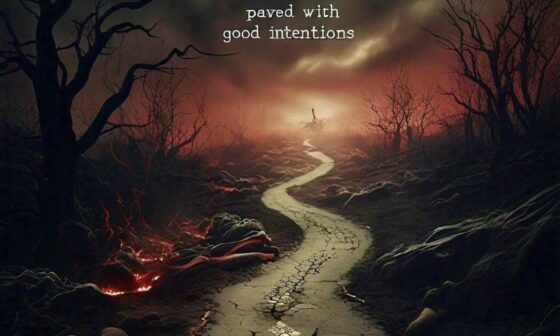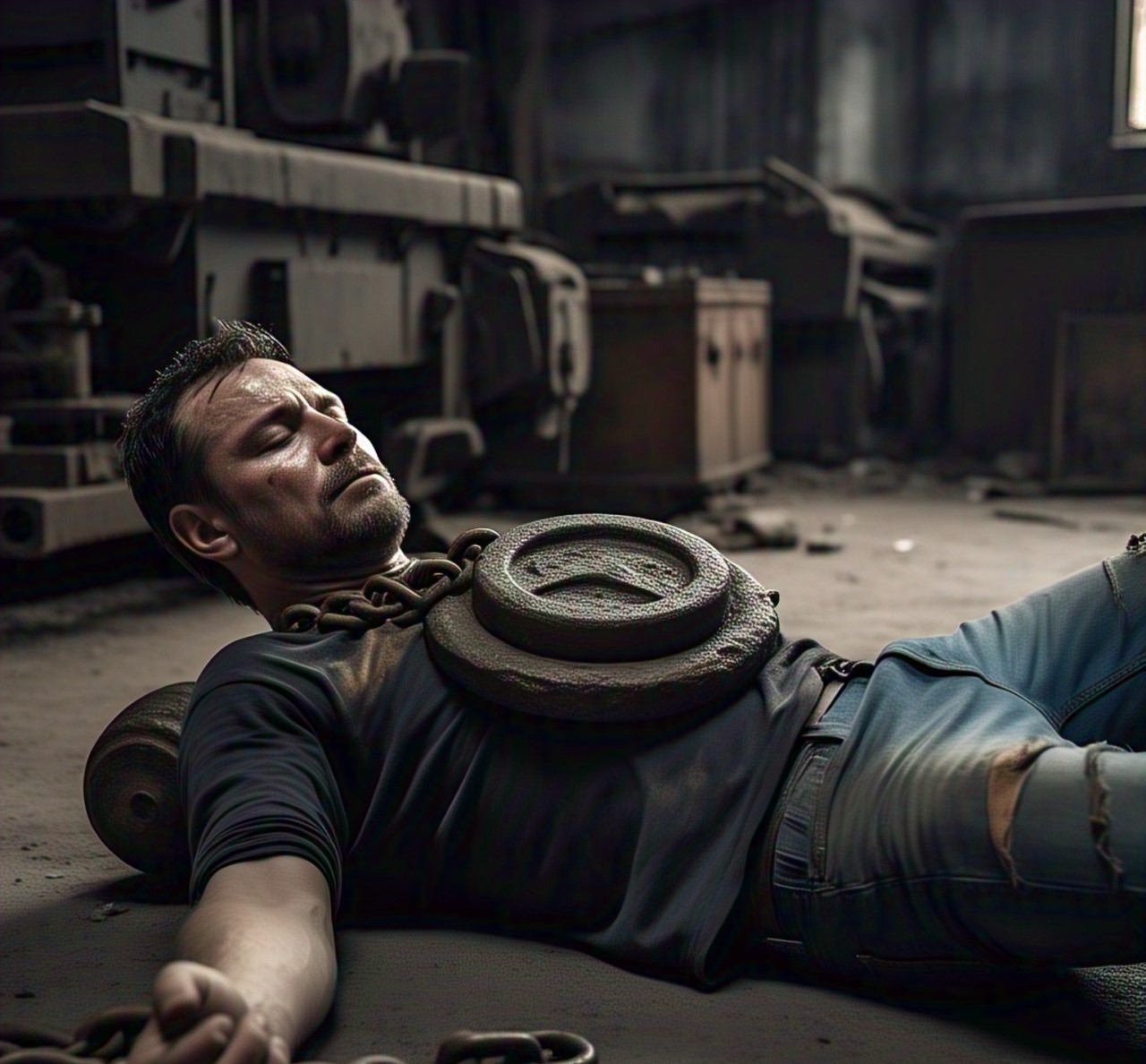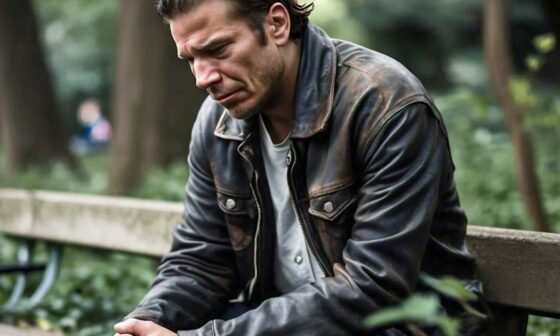My dearest readers, I am sure you know this, some lessons in life do not come from books, sermons, or quotes; they come from mistakes, painful mistakes. The kind that makes you look in the mirror and wonder, was that really me? Recently, I had a falling out with a longtime friend over money and agreements, but the real story was not about contracts or fairness; it was about my reaction. In the heat of the moment, I let unease and anger speak instead of patience and grace.
Now looking back, I see not just what went wrong, but what could have gone right, and in that tension lies a lesson I believe we all need: That friendship, failure, and forgiveness are often the places where humility grows deepest.
As I write this article I will introduce different articles that I have written in the past because they remind me of the things I say I have been learning and how I intend to do better.
When Friendship Meets Friction
Again, some of life’s hardest lessons do not come from strangers or critics from afar; they come from the people closest to us; the ones who know our history, who have walked with us through seasons of joy and hardship. That was the case for me when a disagreement with a longtime friend turned into something I never imagined: Harsh words, deep regret, and the humbling realization that I had failed to live out my own values.

The issue itself was simple: A business agreement, a misunderstanding, and then a request I felt was unfair, but the real problem was not the request; it was my reaction. In the heat of the moment, I lashed out, I said things I should not have, and I let anger take the driver’s seat, and in doing so, I became the very opposite of the gracious, respectful person I had promised myself I would be. And this reminds
Be careful not to dehumanize those you disagree with. In our self-righteousness, we can become the very things we criticize in others. – Eugene Cho
This quote made me question my assumptions and realize how simple it is to talk about a person or an entire group of individuals as if they are the enemy and not even humans. I know that failing to listen to the other side is wrong and I’m not claiming that listening to their argument will persuade you to change your mind; in fact, it’s possible that it won’t; they are, nevertheless, human beings, and something has affected and influenced them to believe in what they do.
The conflict has become entangled from humans vs. viruses to people vs. people.
We should learn to remind ourselves how to love and respect everyone, including those we disagree with because it is too easy to “dehumanize” anyone who does not share our ideas.
It’s very acceptable to disagree on a topic. It is impossible to prevent it with billions of people on the planet. In truth, conflict is an important component of our society’s development. We get to improve our collective decision-making skills by solving difficulties that arise. When people start using their differences as an excuse to demean others, we end up causing more issues than we solved.
Continue Reading: Disagreement Without Hate
The Shock of Seeing Yourself Differently
What unsettled me most was not my friend’s actions; it was mine. I have always believed I would respond differently if the roles were reversed. I believe I would have been more understanding, more gracious, less insistent, and honestly I still do, but that conviction does not erase the truth: When the moment came for me to choose patience, dialogue, and stillness, I chose anger and tension.
And that moment was a mirror; it showed me a version of myself I did not recognize, and maybe you have been there too. Maybe you have said something in anger that you would never have imagined yourself capable of. Maybe you have disappointed yourself more than anyone else. It is a hard place to stand, but also a sacred one, because it is where humility begins.
Friedrich Nietzsche once said and warned: “Whoever fights monsters should see to it that he does not become a monster.” I recently heard that from seeing a movie, and not to me but I am sure to some if not many that at first glance, it feels like a warning reserved for warriors and revolutionaries, those who go toe-to-toe with evil in its most obvious forms. But the truth is, this caution reaches into everyday life, into our arguments, our activism, our disagreements, even our tweets.
Eugene Cho also put it more plainly: “Be careful not to dehumanize those you disagree with. In our self-righteousness, we can become the very things we criticize in others.”
The danger is not just the monster “out there.” It is the one slowly forming inside us when we let hate, bitterness, and pride distort our fight. To resist evil effectively, we must learn to guard our soul in the process.
Continue Reading: Fighting Monsters Without Becoming One: Guarding Your Soul in the Battle
Grace Where Fairness Fails
Looking back, I realize my frustration was framed by the wrong question: Was it fair? But fairness is not always the right measure. Sometimes the deeper question is: Was it gracious?
Maybe my friend was not wrong to bring up our agreement; he simply reminded me of terms we both knew, but again the problem was not his request; it was my response. Grace would have looked like patience. Grace would have chosen dialogue over eruption. And grace would have remembered the long road of friendship we had shared.
Fairness seeks what is owed, but grace offers what is not, and that is the lesson I nearly missed.
There is a verse in Scripture that has followed me like a shadow or rather I should say that has followed me like a covering, one that both comforts and confronts me, disciplines and disturbs me. It is what the Apostle Paul said in 1 Corinthians 9:27:
No, I strike a blow to my body and make it my slave so that after I have preached to others, I myself will not be disqualified for the prize. – 1 Corinthians 9:27 NIV
I have read that verse countless times; I have quoted it countless number of times, in my private prayer, and in my conversations with friends, family, and others, in fact, what primarily triggered this article is that I just recently quoted that verse of the scripture to Mi Lady, and in the same breath I said something very contradictory, but more recently, I have felt it like a blade, not in a judgmental way though, but in truth. That verse is me; it exposes me; it holds up a mirror, I sometimes I want to avoid, but I NEED. Because while I have built this blog, ValueFaith, to preach truth, share wisdom, and teach others about God, life, character, discipline, faith, and self-development, but like many, I am also the one in the background, struggling to live up to what I have written.
Continue Reading: The Weight of My Own Words: How I Fight To Live What I Preach
When the dust settled, I did the only thing I could do; I apologized. Not the kind of half-hearted apology that shifts blame, but a sincere, wholehearted acknowledgment of what I did wrong, and all was forgiven. Forgiveness does not erase mistakes, but it gives mistakes the chance to become lessons.
Choosing to Be Better
What do we do with those moments we wish we could take back? We can deny them, excuse them, or bury them or we can let them shape us. I have chosen the latter. I have chosen to see my wrong not as the end of friendship, but as the beginning of deeper humility.
The truth is, we all have moments when our actions betray our intentions, but those moments do not have to define us; they can refine us; they can teach us to pause before we speak, to lead with respect, and to never forget that grace is stronger than pride.
It is not enough to say you have good intentions. I have always known this, but I didn’t learn it until recently; it is not enough to say you have good intentions, and this reminded me of something I read, “The road to hell is paved with good intentions.”
The Road to Hell Is Paved with Good Intentions
Let’s look deep into this proverb that says, “The way to hell is paved with good intentions.” We usually believe that good intentions lead to positive results, but why should they create a path to Hell?
If you’re waiting for a more complex version of this quote, I’m sorry to tell you that the entire quote is precisely what you’re looking at: “The way to hell is paved with good intentions.” There aren’t any hidden verses, no hidden information, and definitely no hidden trapdoors.
Continue Reading: The Road to Hell Is Paved with Good Intentions – Means What Exactly?
Read Also: The Tongue as The Test of Character: Lessons From James 3:2
Read Also: The Prisoner’s Dilemma: Why Trust Is the Foundation of Society
Read Also: The Golden Rule: Treat Others the Way You Want to Be Treated
Conclusion
I once wrote about the danger of dehumanizing those we disagree with; this experience reminded me that even with friends, even in love, we can cross that line if we are not careful, but I also wrote that love is the strongest stand you can take and I believe that still.
The lesson is simple: We all fail, sometimes spectacularly, but failure is only wasted if we refuse to learn from it. Friendship, failure, and forgiveness are sometimes not separate stories; they are threads of the same rope, and the more we choose grace over pride, humility over anger, and forgiveness over fairness, the more beautiful that rope becomes.
So let us never stop doing better. Not just for ourselves, but for the people who walk this journey with us.





